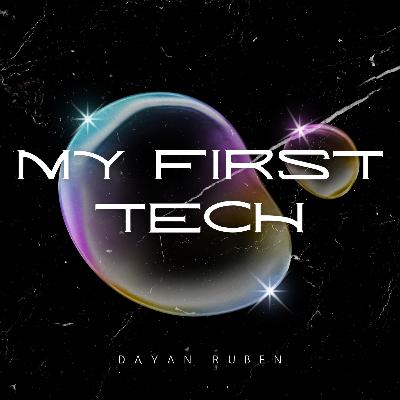The SLM Revolution: Why Smaller, Specialized AI is the Future
Description
There's an incredible buzz around AI agents, with the prevailing wisdom suggesting that bigger is always better. The industry has poured billions into monolithic, Large Language Models (LLMs) to power these new autonomous systems. But what if this dominant approach is fundamentally misaligned with what agents truly need?
This episode dives deep into compelling new research from Nvidia that makes a powerful case for a paradigm shift: the future of agentic AI isn't bigger, it's smaller. We unpack the core arguments for why Small Language Models (SLMs) are poised to become the new standard, offering superior efficiency, dramatic cost savings, and unprecedented operational flexibility.
Join us as we explore:
Surprising, real-world examples where compact SLMs are already outperforming massive LLM giants on critical tasks like tool use and code generation.
The key economic and operational benefits of adopting a modular, "Lego-like" approach with specialized SLMs.
A clear-eyed look at the practical barriers holding back adoption and the counter-arguments from the "LLM-first" world.
A concrete, 6-step roadmap for organizations to begin transitioning and harnessing the power of a more agile, cost-effective SLM architecture.
This isn't just an incremental improvement; it's a potential reshaping of the AI landscape. Tune in to understand why the biggest revolution in AI might just be the smallest.
The research paper discussed in this episode, "Small Language Models Are the Future of Agentic AI," can be found on arXiv:
https://arxiv.org/pdf/2506.02153





